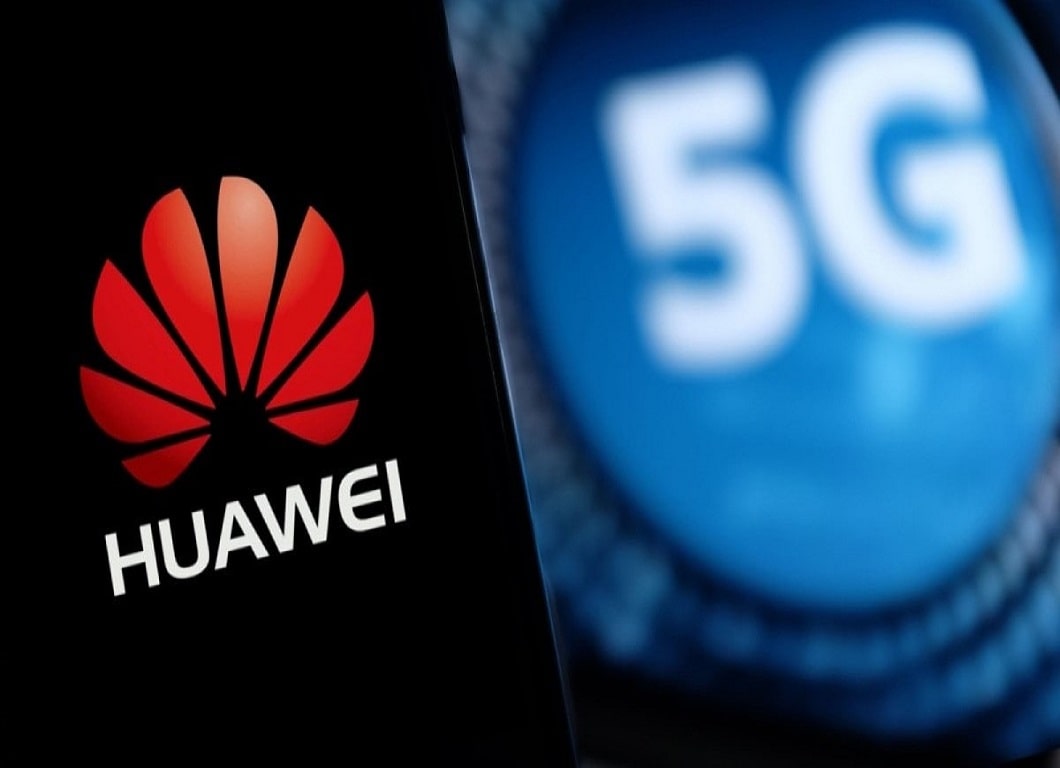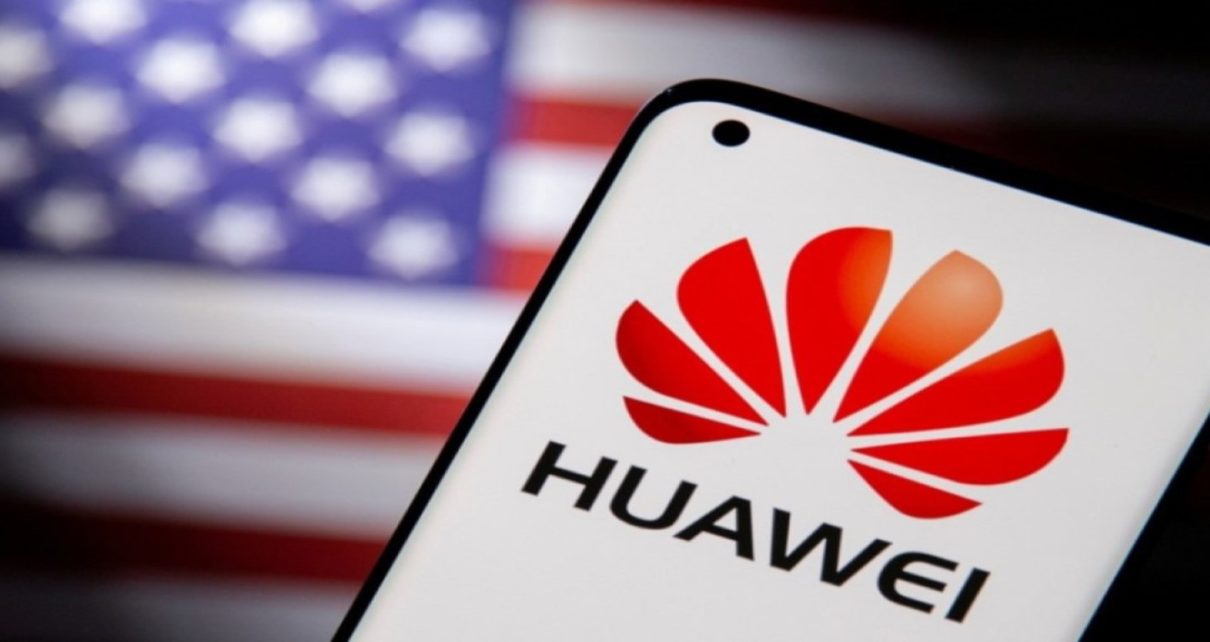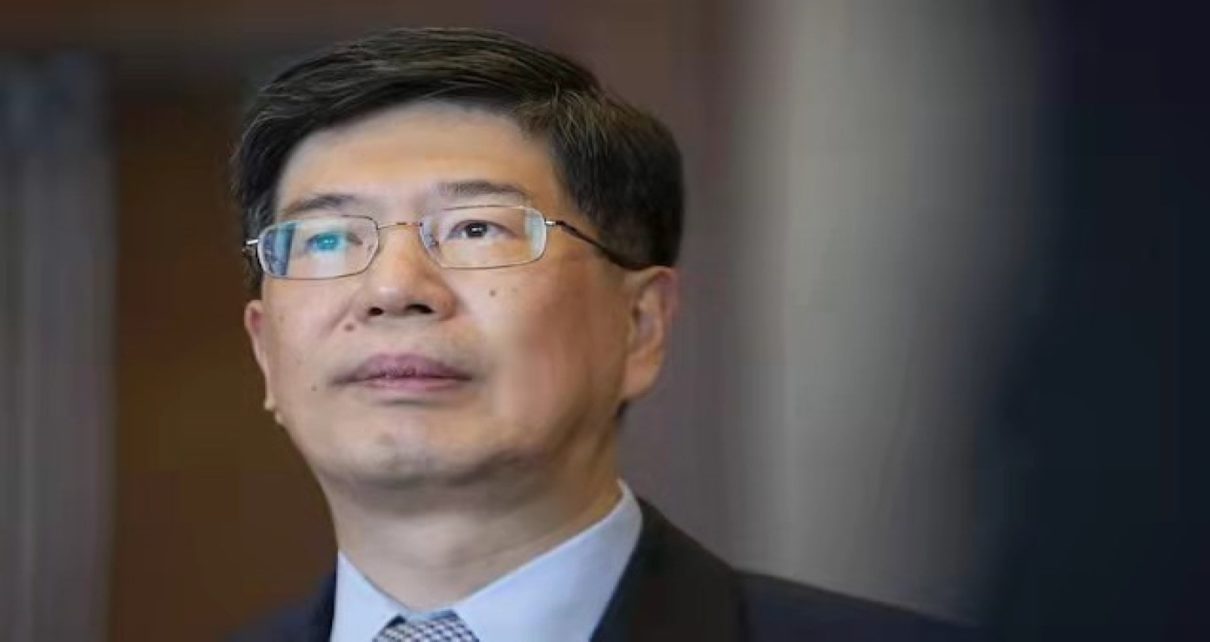Canadian Mobile Users Will Benefit From Huawei’s 5G Technology
- Jiu Hui
- U.S.A
- Asia
- Breaking News
- Business
- Canada
- China
- East Asia
- Southern USA
- Trending
- May 5, 2022

Analysis of Huawei’s leading technologies in the world and the political factors involved
By: Charlotte Hui
In Global Data’s recent H2 2021 report 5G Radio Access Report “RAN”: Competitive Landscape Assessment, Huawei’s 5G RAN portfolio has been ranked top provider for the third year. In the H2 2021 report, Huawei’s product portfolio outclassed its competitors in radio unit portfolio breadth, baseband unit (BBU) capacity, ease of installation, and technological evolution.
The report shows that Huawei’s Radio Frequency “R.F.” product family promotes the ubiquitous 5G gigabit experience.
Examples:
– The Meta AAU’s improved coverage and energy efficiency
– The 400MHz UWB AAU allows operators to leverage fragmented spectrum and build shared multi-carrier networks
The Sub-3ghz 4T-8T-Massive MIMO multi-antenna UWB product improves spectrum and energy efficiency while reducing costs. These products can help carriers upgrade their networks. Huawei offers the widest variety of 5G radio products deployed in different scenarios. Meanwhile, Huawei BBU5900 takes the lead in BBU capacity, with many batteries per unit volume and industry-leading 400 MHz millimetre-wave battery capacity.
Huawei’s 5G RAN product portfolio is already far ahead in engineering and installation, with lightweight devices and a compact form factor. After having so many innovative technologies, Huawei is constantly improving algorithms.
Although Huawei’s technology appears to be an industry leader, Canada’s hesitancy to allow the technology out of fear it would make it easier for China to spy on Canadians or ex-pats may be hindering the user mobile experience.
In the U.S., the issue of allowing Huawei to be the dominant 5G carrier is even more contentious.

“Huawei is a Chinese state-directed telecom company with a singular goal: undermine foreign competition by stealing trade secrets and intellectual property, and through artificially low prices backed by the Chinese government.” Said Florida Senator Marco Rubio
Is Huawei truly a security threat?
Qing Wang, professor of Marketing and Innovation at the University of Warwick, states that “There is no hard evidence to support this notion, and some of the reasons for this notion are weak. Like Alibaba, Tencent, and Haier, Huawei is a private enterprise that emerged from China’s economic reform in the 1980s.”
Wang explained the difference between state-owned enterprises and private enterprises in China.
“The government directly appoints the CEOs of state-owned enterprises officials and; they are the products of the old communist legacy. On the other hand, the CEOs of the private enterprises are either the founders themselves or their offspring who succeed in their family businesses.
These enterprises have developed their technological capabilities and business acumen through market mechanisms inside and outside China. They adopted the same business practice and competed with their Western counterparts without preferential treatment from the government.”
As for Huawei’s position in China, Wang said, “For someone like me who has studied emerging market enterprises for decades, Huawei is the textbook case of a great company in the making; unfortunately, it has fallen victim to the anti-globalization policy and sentiment of the U.S. and the ongoing trade war with China.”
At the same time, the Chinese Ambassador to Canada, Cong Peiwu, insists on the claims that Huawei is a security threat and was “invented by the United States.”
“I would like to suggest someone [is] trying to politicize the issue … to try to abuse and overstretch the concept of national security, which is not conducive for people doing business here in Canada,” Cong said.

Also, William Snyder, professor of law at Syracuse University, claims that “Huawei’s status as a threat is hardly unique.”
“Not only are other Chinese companies such as ZTE and China Mobile embedded in the supply chain, but so are those of other countries. Huawei itself buys components from major US firms, including Qualcomm. Those companies are subject to U.S. laws concerning cooperation with U.S. intelligence agencies.”
Suppose the global economic community is to grow, companies in different countries will need to continue developing innovative technology for mutual benefit rather than restricting their development to create information inequality. Although politics and economics complement each other, politics should not be the reason to hinder economic growth. As some American and Canadian politicians fear, if Huawei is spying on foreign citizens through technology, does that make Central Intelligence Agency “CIA,” and The Canadian Security Intelligence Service “CSIS,” complicit.








